Bulgaria: A Tapestry of History, Culture, and Resilience
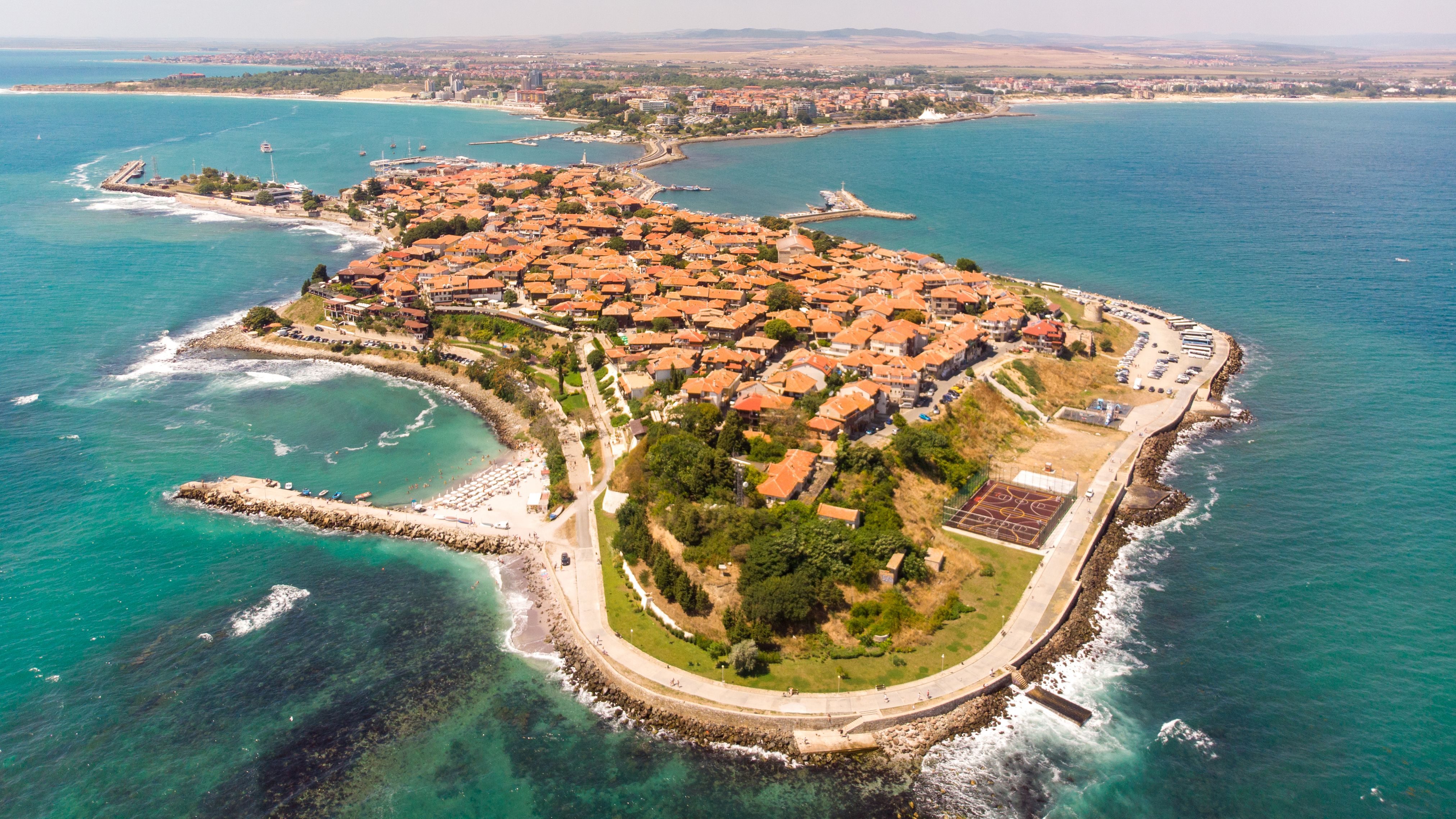 Nestled in the southeastern part of Europe, Bulgaria stands as a bridge between the East and the West, a nation steeped in rich history and cultural diversity. From its ancient Thracian roots to its position as a modern European state, Bulgaria's journey through time has been marked by conquests, revolutions, and remarkable resilience.
Nestled in the southeastern part of Europe, Bulgaria stands as a bridge between the East and the West, a nation steeped in rich history and cultural diversity. From its ancient Thracian roots to its position as a modern European state, Bulgaria's journey through time has been marked by conquests, revolutions, and remarkable resilience.
Ancient Roots: Thracians and Beyond
Bulgaria's history stretches back to ancient times, with evidence of human settlement dating back to the Neolithic era. However, it was the Thracians who left the most significant imprint on the region. These ancient inhabitants were skilled artisans, warriors, and traders, leaving behind intricate gold treasures and mysterious burial mounds that continue to captivate archaeologists and historians today.
The influence of the Thracians persisted through the classical period, as the region came under the sway of successive empires, including the Greeks, Romans, and Byzantines. Yet, it was during the 7th century AD that Bulgaria emerged as a distinct political entity.
The First Bulgarian Empire: Glory and Conquest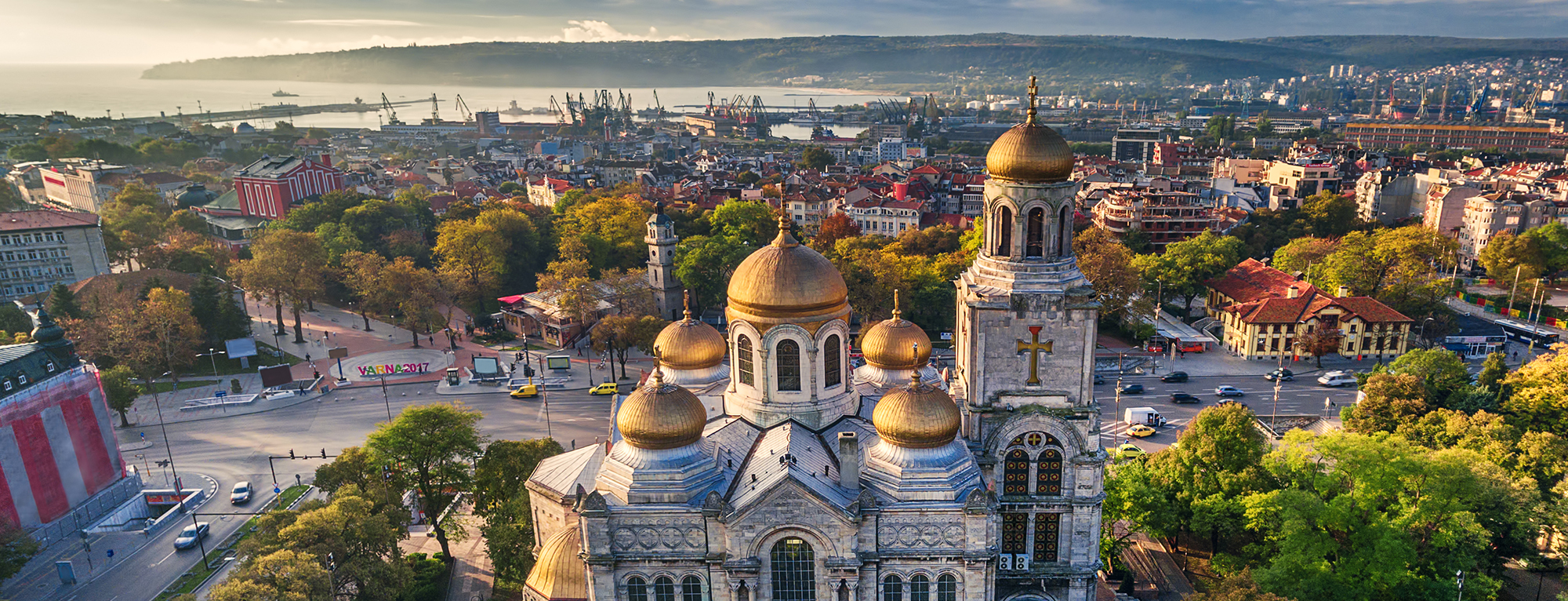 In 681 AD, Khan Asparuh established the First Bulgarian Empire, marking the beginning of a new chapter in the region's history. Under rulers like Khan Krum and Tsar Simeon I, Bulgaria flourished, expanding its territory and exerting influence over neighboring lands. The capital city of Pliska became a center of trade and culture, attracting scholars and artisans from across Europe and Asia.
In 681 AD, Khan Asparuh established the First Bulgarian Empire, marking the beginning of a new chapter in the region's history. Under rulers like Khan Krum and Tsar Simeon I, Bulgaria flourished, expanding its territory and exerting influence over neighboring lands. The capital city of Pliska became a center of trade and culture, attracting scholars and artisans from across Europe and Asia.
One of the most celebrated events in Bulgarian history occurred in 864 AD when the brothers Cyril and Methodius, Byzantine missionaries of Thracian descent, created the Glagolitic alphabet, laying the foundation for the Cyrillic script used in many Slavic languages, including Bulgarian. This cultural and linguistic legacy remains a point of pride for Bulgarians to this day.
The Second Bulgarian Empire: Rise and Fall Following a period of decline and foreign domination, Bulgaria experienced a revival in the 12th century with the establishment of the Second Bulgarian Empire. Under the rule of Tsar Ivan Asen II, Bulgaria reached its zenith, encompassing vast territories in the Balkans and exerting influence over the region's politics and culture.
Following a period of decline and foreign domination, Bulgaria experienced a revival in the 12th century with the establishment of the Second Bulgarian Empire. Under the rule of Tsar Ivan Asen II, Bulgaria reached its zenith, encompassing vast territories in the Balkans and exerting influence over the region's politics and culture.
However, this golden age was short-lived, as internal strife and external threats, particularly from the Ottoman Empire, weakened Bulgaria's position. In 1396, the Ottomans decisively defeated the Bulgarian forces at the Battle of Nicopolis, ushering in nearly five centuries of Ottoman rule.
Ottoman Domination: Endurance and Resistance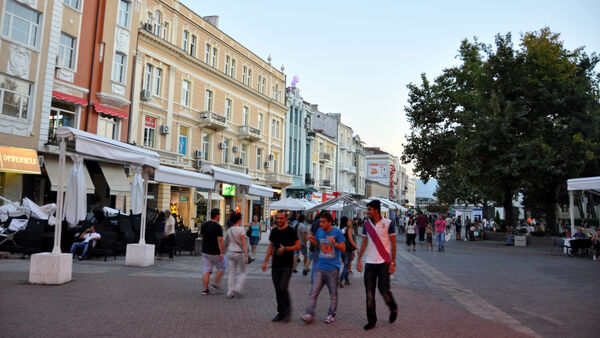 The Ottoman era was a time of profound transformation and hardship for Bulgaria. While the Ottoman Empire brought with it advances in administration, architecture, and commerce, it also imposed heavy taxes, conscripted young men into military service, and curtailed the rights of non-Muslims.
The Ottoman era was a time of profound transformation and hardship for Bulgaria. While the Ottoman Empire brought with it advances in administration, architecture, and commerce, it also imposed heavy taxes, conscripted young men into military service, and curtailed the rights of non-Muslims.
Despite these challenges, Bulgarians maintained their cultural identity and traditions, often through acts of resistance and rebellion. The iconic figure of Vasil Levski, known as the Apostle of Freedom, epitomized the spirit of resistance during this period, organizing a network of revolutionaries aimed at liberating Bulgaria from Ottoman rule.
The Road to Independence: Liberation and Nation-Building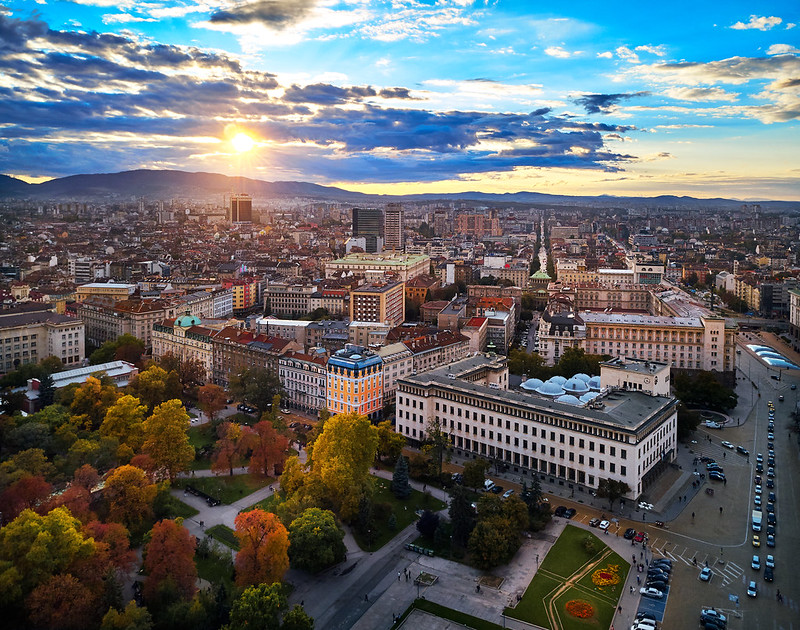 The 19th century witnessed a wave of nationalist fervor sweeping across Europe, and Bulgaria was no exception. Inspired by the ideals of liberty and self-determination, Bulgarian revolutionaries launched a series of uprisings against Ottoman rule.
The 19th century witnessed a wave of nationalist fervor sweeping across Europe, and Bulgaria was no exception. Inspired by the ideals of liberty and self-determination, Bulgarian revolutionaries launched a series of uprisings against Ottoman rule.
The Russo-Turkish War of 1877-1878 proved to be a turning point. With the support of Russia, Bulgaria won its independence from the Ottoman Empire, albeit as a vassal state. The Treaty of San Stefano in 1878 laid the groundwork for a unified Bulgarian state, encompassing territories inhabited by Bulgarians, but this vision was later revised by the Great Powers at the Congress of Berlin.
Modern Bulgaria: Challenges and Progress The establishment of modern Bulgaria in 1878 marked the beginning of a new chapter in the nation's history. Despite facing numerous challenges, including territorial disputes, political instability, and economic hardship, Bulgaria made significant strides in the 20th century.
The establishment of modern Bulgaria in 1878 marked the beginning of a new chapter in the nation's history. Despite facing numerous challenges, including territorial disputes, political instability, and economic hardship, Bulgaria made significant strides in the 20th century.
The interwar period saw Bulgaria oscillating between monarchy and authoritarian rule, with King Boris III eventually aligning the country with Nazi Germany during World War II. However, Bulgaria's refusal to deport its Jewish population and its subsequent switch to the Allied side in 1944 earned it a place among the victors of the war.
The post-war years were marked by communist rule under the Bulgarian Communist Party, led by figures like Georgi Dimitrov and Todor Zhivkov. While the communist era brought industrialization and social reforms, it also stifled political dissent and human rights.
Transition to Democracy: Challenges and Achievements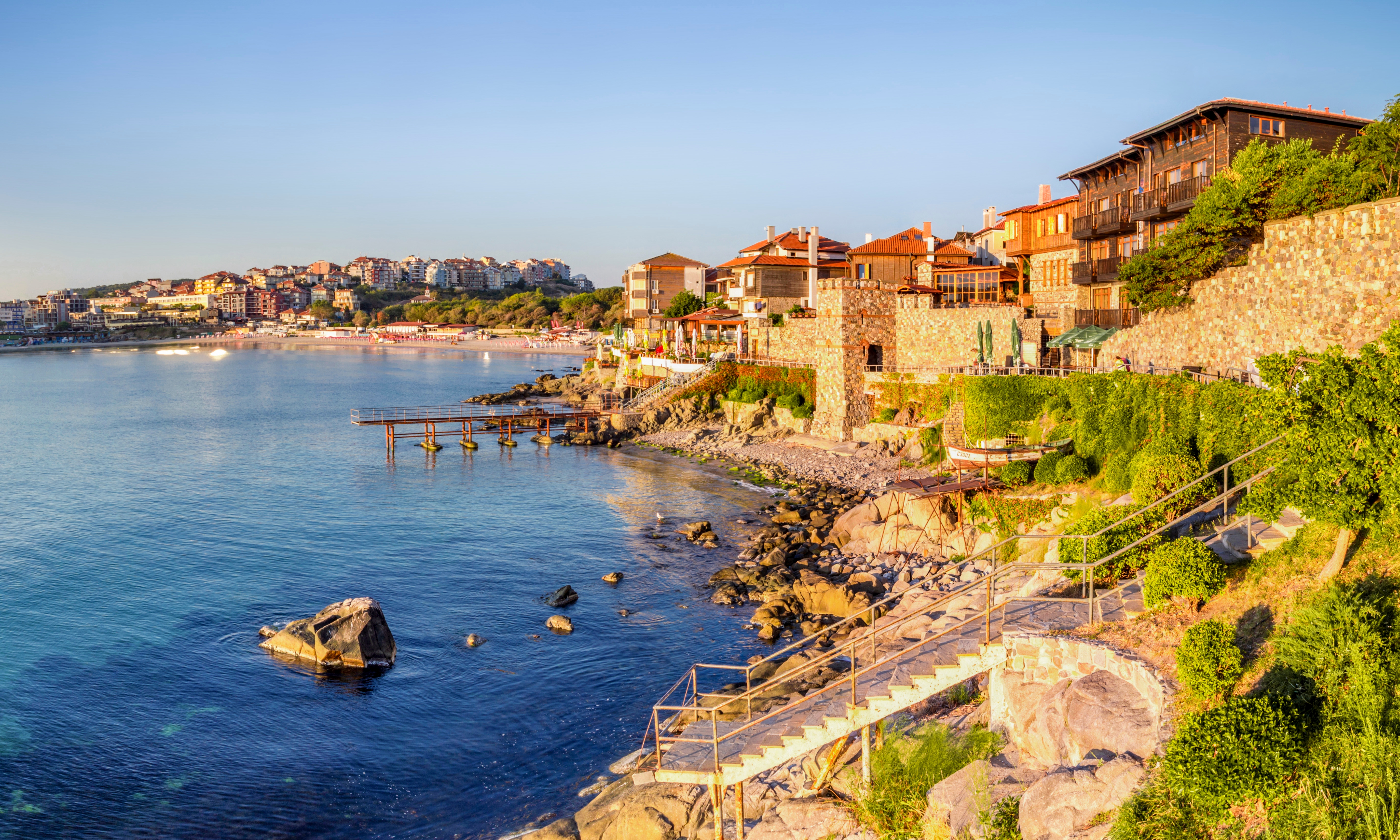 The collapse of communism in Eastern Europe in 1989 set the stage for Bulgaria's transition to democracy. The early years of transition were marked by economic instability, hyperinflation, and political turmoil. However, Bulgaria made significant progress in building democratic institutions, holding free elections, and pursuing market-oriented reforms.
The collapse of communism in Eastern Europe in 1989 set the stage for Bulgaria's transition to democracy. The early years of transition were marked by economic instability, hyperinflation, and political turmoil. However, Bulgaria made significant progress in building democratic institutions, holding free elections, and pursuing market-oriented reforms.
In 2007, Bulgaria achieved a milestone by joining the European Union, signaling its integration into the community of European nations. EU membership brought opportunities for economic development, infrastructure improvements, and increased international cooperation, but it also posed challenges in terms of meeting EU standards and addressing corruption and organized crime.
Cultural Heritage: Treasures of the Past
Bulgaria's cultural heritage is as diverse as its history, reflecting the influences of Thracian, Greek, Roman, Byzantine, Ottoman, and Slavic civilizations. The country boasts a wealth of architectural marvels, from ancient Roman ruins and medieval fortresses to ornate Orthodox churches and Ottoman mosques.
The Rila Monastery, a UNESCO World Heritage Site nestled in the Rila Mountains, stands as a testament to Bulgaria's spiritual and artistic legacy, renowned for its frescoes, woodcarvings, and iconography. Similarly, the ancient city of Nessebar, with its well-preserved medieval churches and winding cobblestone streets, transports visitors back in time to the days of Byzantine splendor.
Contemporary Bulgaria: Looking to the Future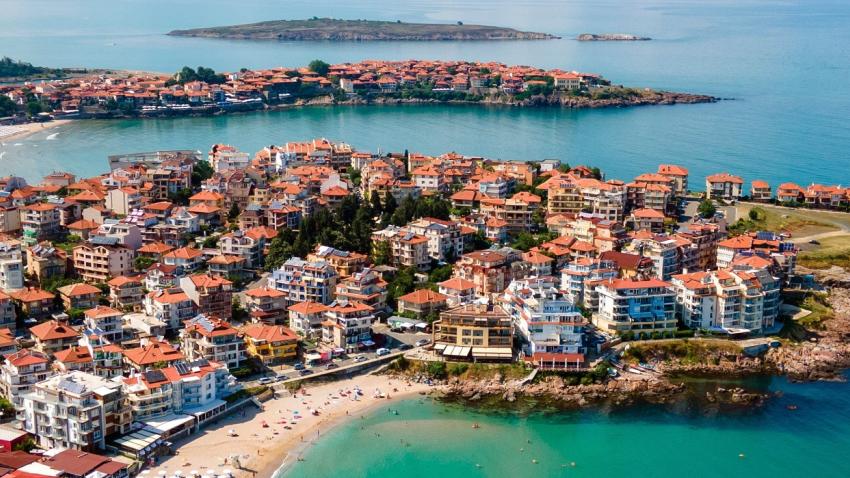 Today, Bulgaria stands at a crossroads, grappling with the legacies of its past while striving to shape its future. Economic disparities, corruption, and emigration remain pressing challenges, but Bulgarians are resilient people, proud of their heritage and determined to overcome obstacles.
Today, Bulgaria stands at a crossroads, grappling with the legacies of its past while striving to shape its future. Economic disparities, corruption, and emigration remain pressing challenges, but Bulgarians are resilient people, proud of their heritage and determined to overcome obstacles.
As Bulgaria navigates the complexities of the 21st century, it continues to draw strength from its rich cultural tapestry, its traditions of innovation and creativity, and its unwavering spirit of resilience. Whether forging closer ties with its European neighbors, preserving its cultural heritage, or charting a course for sustainable development, Bulgaria remains a land of promise and possibility, poised to write the next chapter in its storied history.
In conclusion, Bulgaria's journey through time is a testament to the endurance of its people and the richness of its heritage. From its ancient roots to its modern aspirations, Bulgaria's story is one of resilience, adaptation, and the enduring quest for freedom and identity.




























